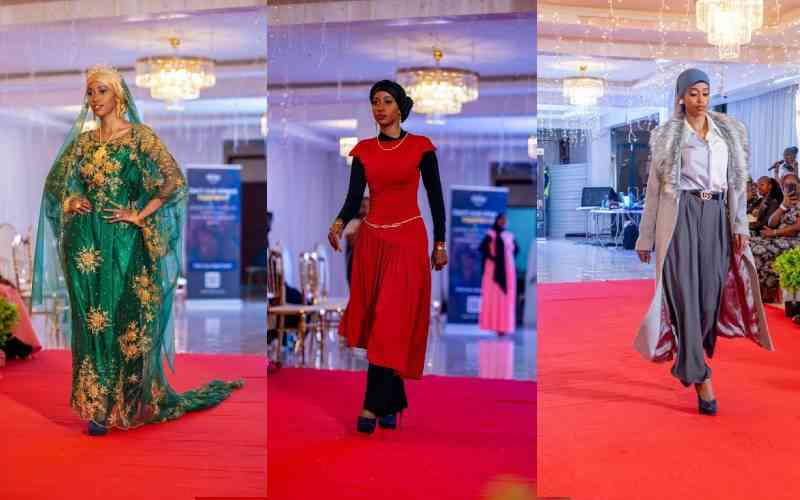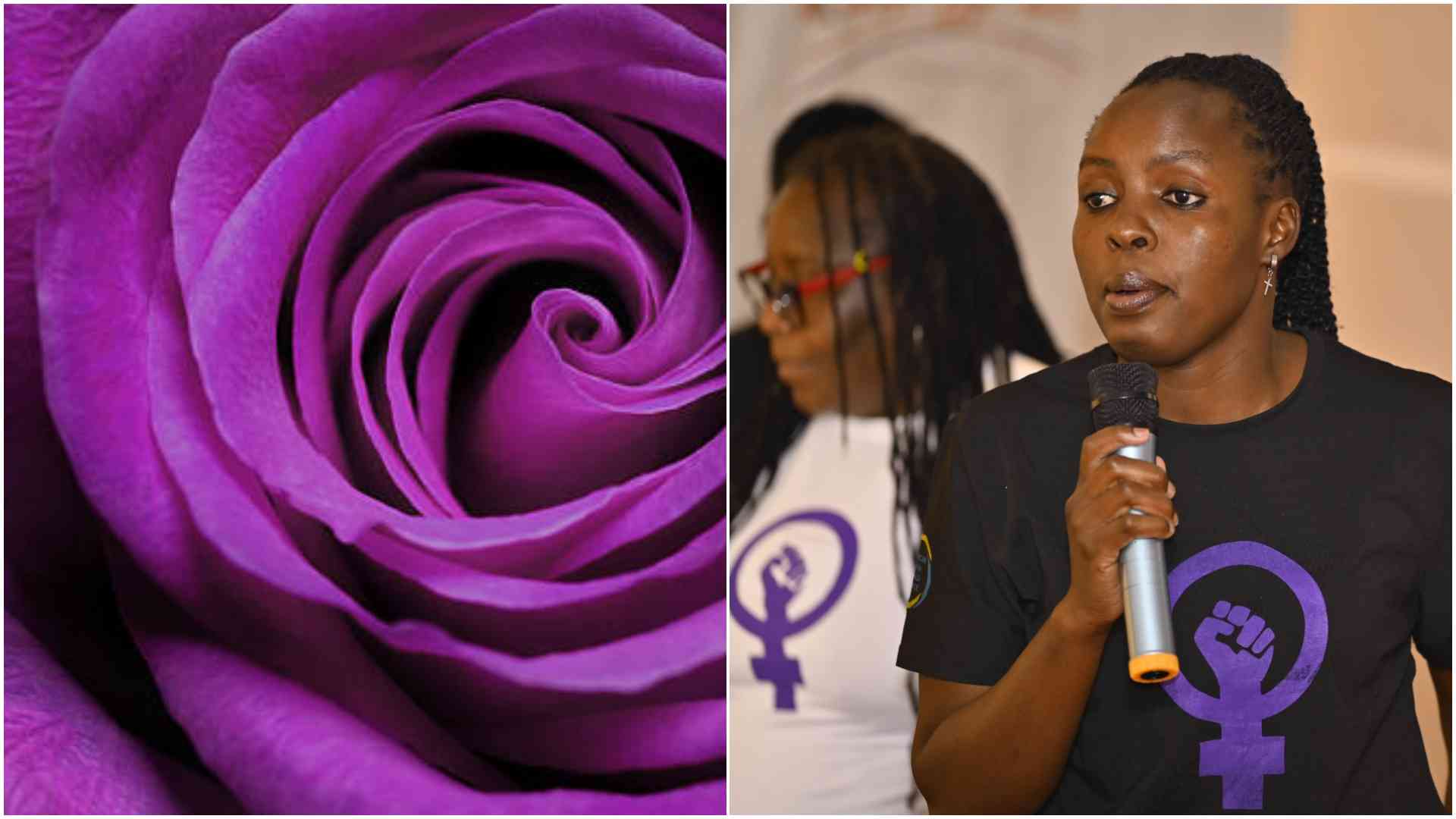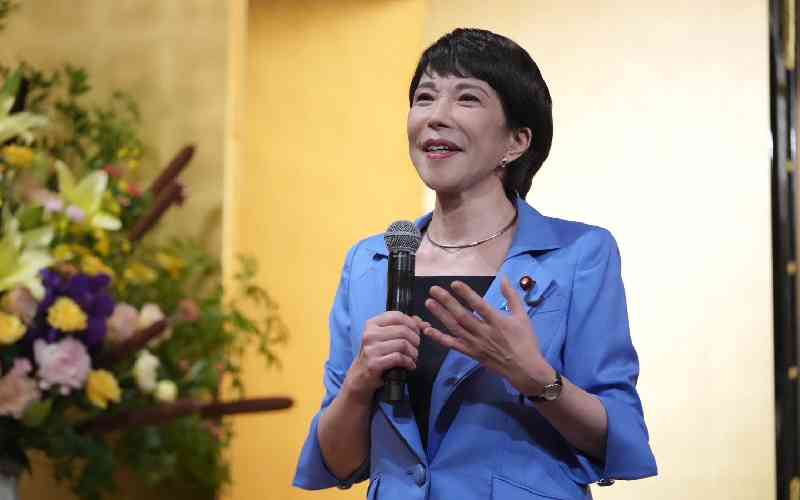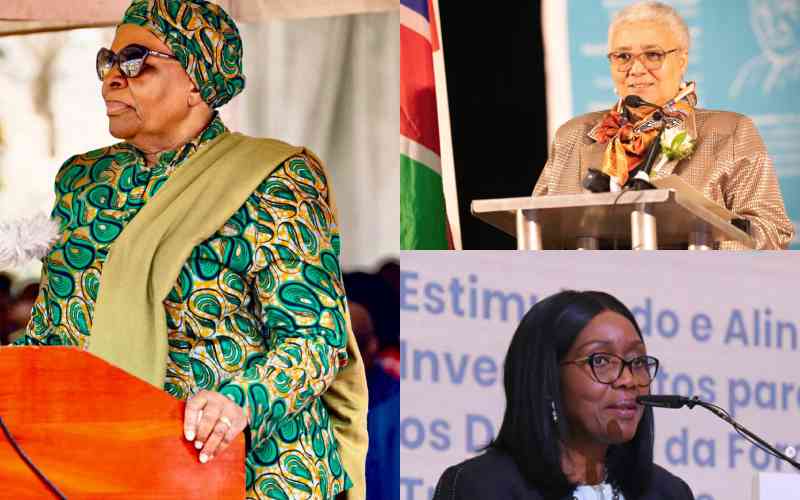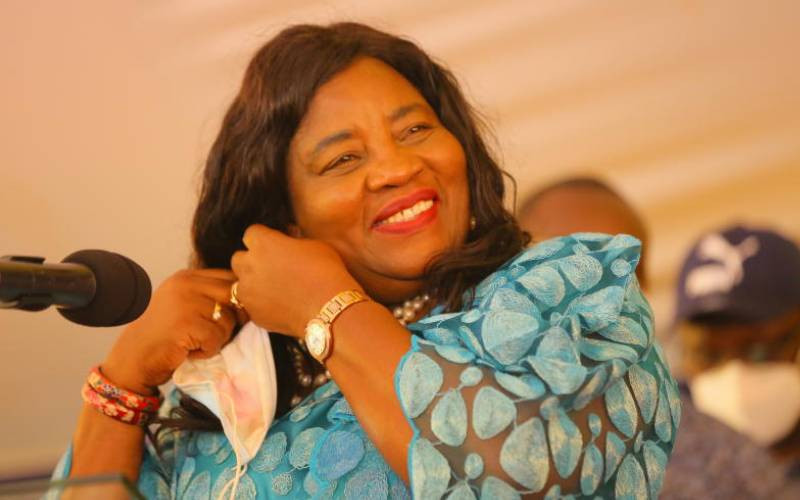
EUNICE OBALA has earned recognition for her achievements after dedicating 12 years to empowering women and resolving conflict in warring communities. She talks to SOPHIAH MUTHONI about the sacrifices she made to get there.
She has worked in some of the most hostile communities in the country and the East African region where she has facilitated reconciliation between warring communities. On top of conflict resolution, Eunice Obala, 41, has empowered women and helped them find a voice in communities where the voice of a woman has never been considered in decision making process.
“I have worked with communities to appreciate capacities of women and their contribution in stopping or reducing conflict, hence, giving them a chance to explicitly participate in community decision making structures and peace committees,” explains Eunice.
She adds: “I have supported women in forming groups, mobilise their funds, which they have used to loan each other at an agreed interest rate. The loans have been used to start individual income generating activities, which have increased their household income and gone a long way in ensuring the women are able to contribute to meeting basic needs and savings ability.”
It is for these achievements, among others, that Eunice was recognised as one of the 2014 Laureate for the Women’s World Summit Foundation Prize (WWSF). Despite her 12 years of experience in conflict resolution and women empowerment from conflict laden communities, the WWSF prize that Eunice received late October, is the first recognition she has ever received.
“This is wonderful. I feel so honoured and delighted to have worldwide recognition for the hard work and significant achievements as a result of my contributions in the most remote and marginalised parts of Kenya. I feel that this award has increased my motivation, synergy and provides a perfect opportunity to step up my efforts, consolidate, scale up and replicate these initiative and good practice across Kenya and beyond,” she says.
We ask her why conflict resolution has become such an important part of her life and career.
“I recognised the fact that security is a pre-requisite to provide humanitarian and development interventions due to the fact that it guarantees access to targeted beneficiaries as well as beneficiary’s access to services and resource. Therefore, the conflict and high insecurity informed my decision to invest on conflict resolution and peace building,” she said.
Eunice’s contribution to conflict resolution through Veterinaires Sans Frontieres Germany (VSFG) in supporting pastoral communities and agro-pastoral communities across Kenya (Northern Kenya – North Horr and Marsabit County) and southern Ethiopia (Hammer and Dasanach Woreda in South Omo Zone) has seen improvement in security in these areas and in turn, making emergency, humanitarian and development work possible for different humanitarian bodies.
“As a project manager in charge of the VSFG projects being implemented in conflict prone environment, it was impossible to avoid conflict resolution and peace building,” she explains.
Some of her most memorable moments in her line of work, Eunice explains, includes the first joint meetings held between Hammer, Gabraa and Dasanach after decades of war. Having women elected in peace committees, Eunice points out, is the other great achievement in her ever growing bank of achievements.
Empowering women
“Witnessing women from four village community groups in Ileret mobilising their savings and constructing an accommodation facility, is among the greatest achievements in the area so far,” she adds. Despite the great achievements, Eunice’s job has not been without its challenges.
She reveals to Eve Woman: “Cultural norms and practices within the targeted communities that did not recognise women in decision making at household, community and society levels, limited women access and control over the main livelihood assets, has made the effort in empowering women a bit challenging.”
Winning the hearts and changing attitudes of traditional structures, elders and men to have women participate in decision making, livelihood management and disaster risk reduction, has been a painstaking process explains Eunice.
Among other challenges she has faced and continues to face, include working in remote and inaccessible project sites where there are poor road infrastructure, bare minimal social economic services and facilities, working within highly illiterate communities where there is only five per cent literate group, which Eunice explains takes double the effort compared to averagely literate communities.
Working in border areas comprising of different communities who speak divergent languages, cultural norms, values and practices, interests and positions that must be considered in any intervention process has been the other challenge as well as facilitating peace dialogue meetings and awareness creation within the perceived battle fields for days to reach the perpetrators of conflict.
Introducing a saving culture through village community banking schemes and income generating activities, has also been a challenge, as Eunice explains, given saving was not part of their life.
“A few who tried the merry-go-round failed. They mainly depended on barter trade and livestock. They have resisted the saving culture we are trying to introduce, but by and by we are changing their attitudes,” Eunice points out.
In spite of the challenges Eunice has faced, she has taken it in her stride. “Conflict and insecurity cannot be overlooked if any meaningful emergency, humanitarian or development interventions are to be achieved. I have also learnt that facilitating communities to analyse their own disaster risks empowers them to understand their local context and make informed preparedness plans and response actions,” she explains.
Notable achievements
Among other lessons Eunice has taken home, include realising that men are the best actors to be engaged for successful gender main-streaming, the realisation that capacity building, livelihood diversification, structure and framework establishment are sure way to sustainable poverty alleviation and disaster risk reduction.
Eunice adds: “Empowering women at group and individual level improves their contribution to household and societal economy and in turn, increases their recognition in their communities based on their success.
“Strategic partnership between government, communities, non-governmental organisations and private sectors is critical for food security and sustainable development.”
Some of the notable achievements Eunice has made in her line of work include successful introduction of the Village Community Banking (Vicoba) schemes in Marsabit County, facilitating the peace process between Hammer, Gabraa and Dasanach community, which led to signing of mutually agreed peace agreements and resource sharing frameworks, facilitating the development of community and county level contingency, and preparedness in Marsabit and South Omo Zone in Ethiopia.
“I was involved in the establishment of peace committee monitors in North Horr District (Sub-County). I facilitated the development of community early warning systems and structure within North Horr and South Omo Zone,” she says
Eunice also supported the establishment of pastoral field schools and national resource committees in project areas to sustainable range-land and natural resource management. She supported communities to improve food security through community-based food prepositioning prior to floods and drought, and facilitated the process of resolving park based conflicts between Sibiloi National Park administration and neighbouring communities.
 The Standard Group Plc is a multi-media organization with investments in media
platforms spanning newspaper print
operations, television, radio broadcasting, digital and online services. The
Standard Group is recognized as a
leading multi-media house in Kenya with a key influence in matters of national
and international interest.
The Standard Group Plc is a multi-media organization with investments in media
platforms spanning newspaper print
operations, television, radio broadcasting, digital and online services. The
Standard Group is recognized as a
leading multi-media house in Kenya with a key influence in matters of national
and international interest.




